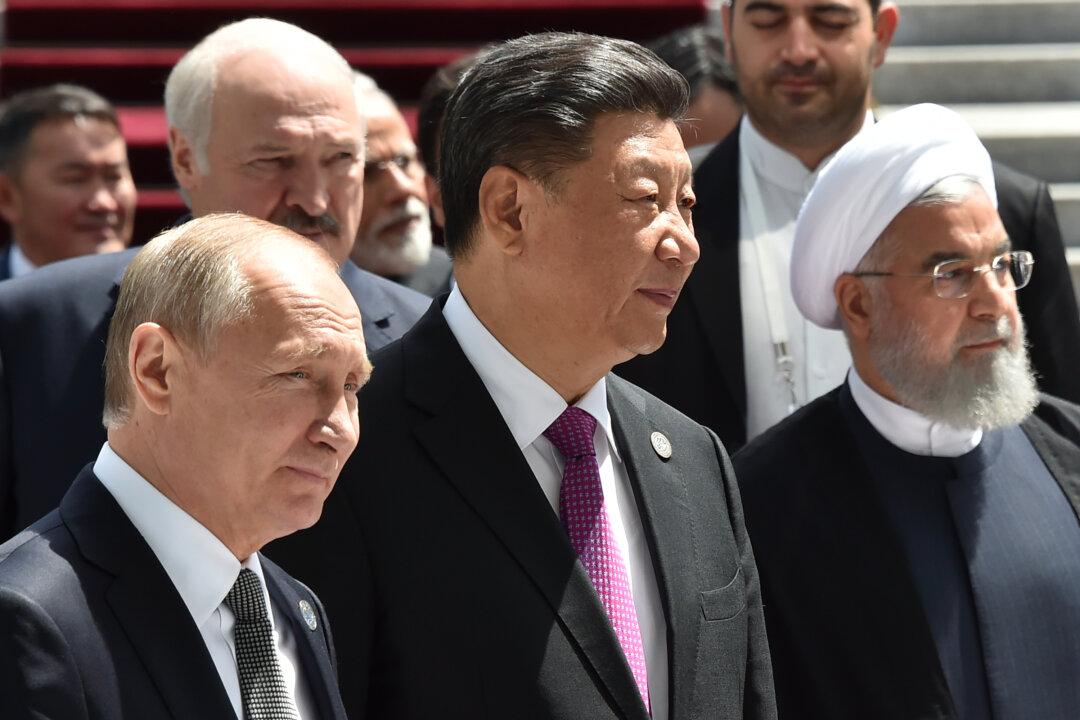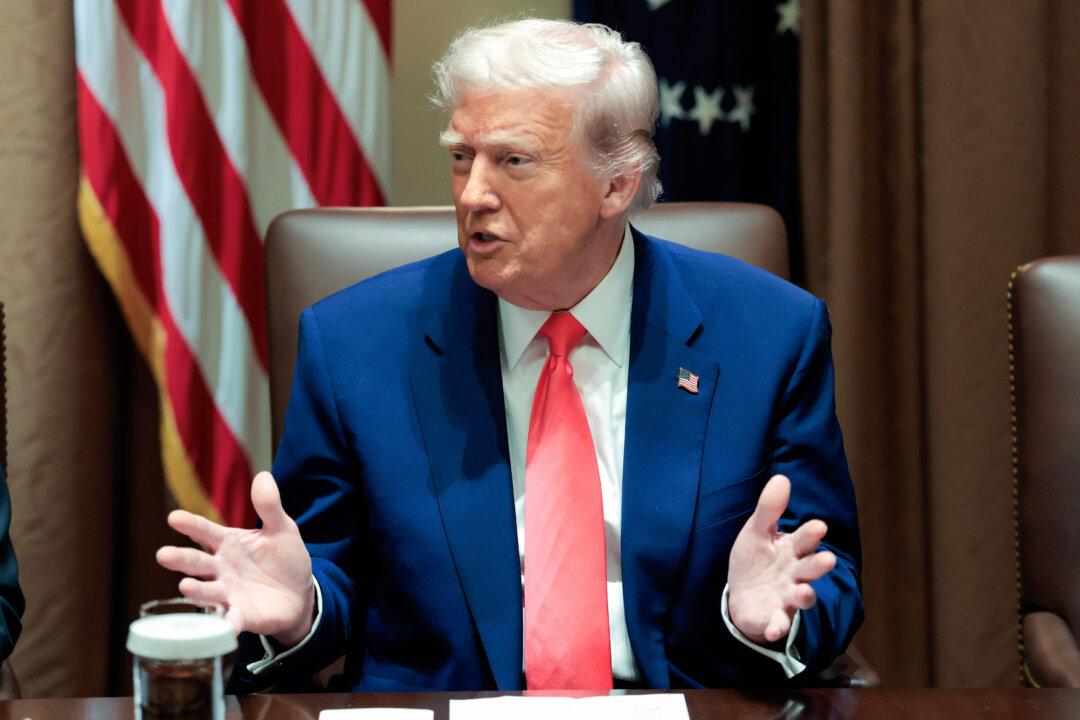Commentary
The neoconservative crusade against “autocracy” is on display in the pages of National Review, where Corban Teague of the McCain Institute’s Human Rights and Freedom Program and Daniel Twining of the International Republican Institute call upon the United States to “robustly counter” the “axis of autocracy” composed of China, Russia, and Iran. After the failures of the Afghan and Iraq wars, which the neoconservatives transformed into a Global War on Terror (GWOT), the search for a new ideological opponent has been found: autocracy.



